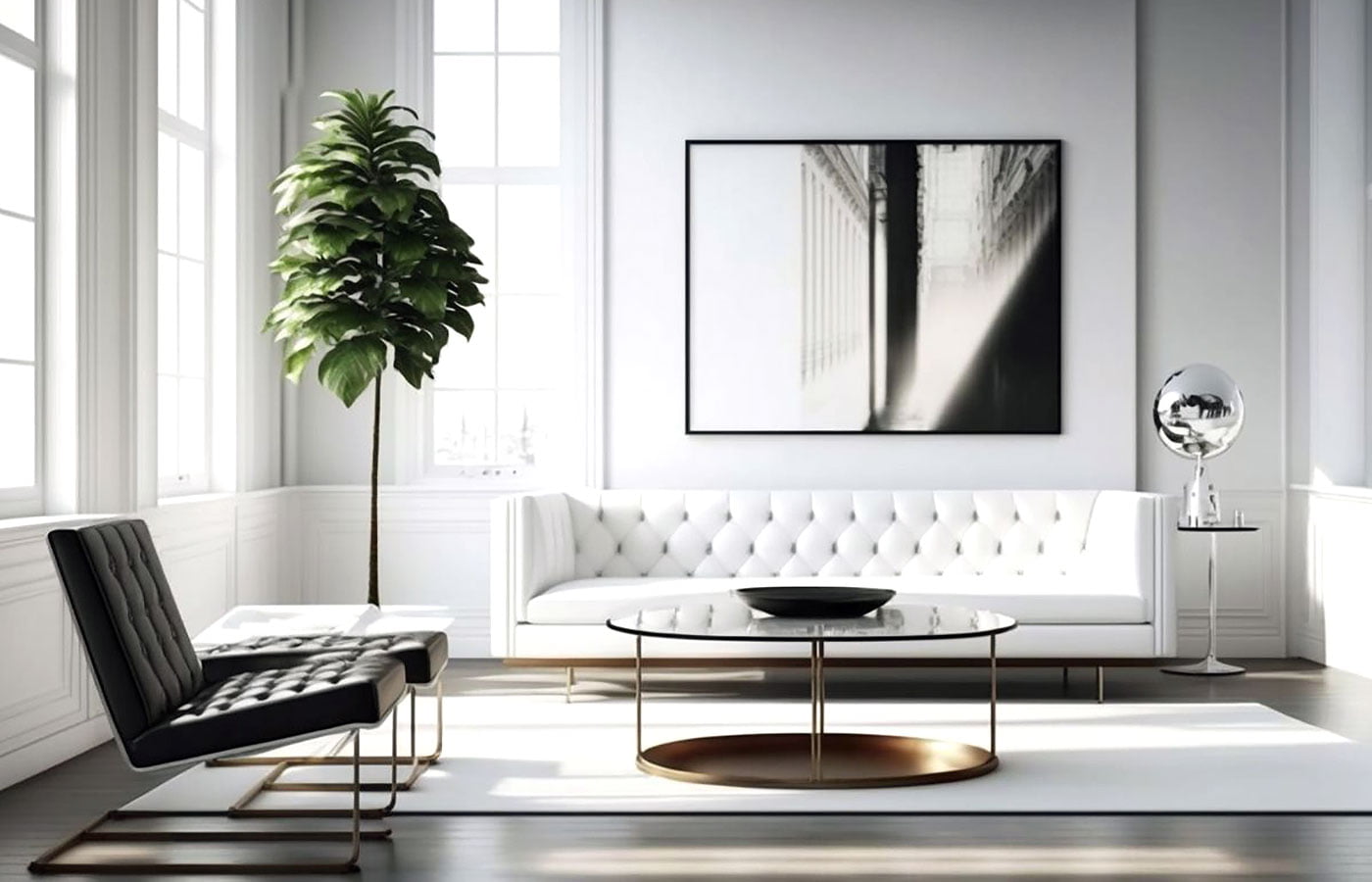The Psychology of Home Staging
Home staging has become increasingly prevalent, capturing the essence of transforming a house into a captivating home for potential buyers.

In real estate, the term "home staging" has become increasingly prevalent, capturing the essence of transforming a house into a captivating home for potential buyers.
Staging a home is more than decluttering, depersonalizing, replacing furniture or adding a plate of cookies on the island. While decluttering is the initial step in this process, the psychology behind staging delves much more deeply, tapping into the emotions and perceptions of individuals entering a space.
Let's explore the intricate psychology behind home staging and its profound impact on potential buyers.
Create Connections
Home staging is not merely about arranging furniture or adding decorative elements. It's about creating an emotional connection between the buyer and the property. From the moment a prospective buyer steps through the door, they envision living in the space. Buying a home isn't just about purchasing a physical structure. It's about investing in a lifestyle and a vision of the future. The atmosphere, ambiance, and overall home presentation heavily influence this visualization process. Herein lies the power of psychology in home staging - shaping perceptions and eliciting desirable emotional responses.
One of the fundamental principles of home staging psychology is the concept of first impressions. Research suggests that individuals form judgments within seconds of entering a space based on visual cues and environmental stimuli. Therefore, the initial impact of a well-staged home can significantly influence the buyer's overall perception of the property. Find a home stager to help you captivate a buyer's attention and evoke positive emotions from the outset by creating an inviting and aesthetically pleasing environment.
Perception Points
Furthermore, home staging uses psychological techniques to highlight a property's key features and attributes while minimizing its shortcomings. Through strategically placing furniture, lighting, and décor, stagers can emphasize the functional aspects of each room and create a sense of flow and harmony throughout the space. Home staging helps to make a favourable impression and foster a sense of desire and aspiration by directing the buyer's focus toward the property's highlights.
Home Staging is the concept of Personalization
Another crucial aspect of staging psychology is the concept of personalization. Studies have shown that individuals are more likely to feel a connection to a space that reflects their tastes, preferences, and lifestyle. Therefore, effective home staging involves creating a neutral yet inviting environment that allows potential buyers to envision themselves living in the home. By incorporating subtle personal touches and staging the property to appeal to a broad audience, stagers can enhance the buyer's emotional resonance and attachment to the space.
Moreover, home staging leverages psychological principles to evoke specific emotions and associations that enhance the property's perceived value. Stagers can create a mood and atmosphere that resonates with buyers on a subconscious level by implementing these strategies:
- Utilizing colour psychology (warm neutral tones create a sense of coziness and intimacy, and cool, airy hues evoke feelings of freshness and spaciousness).
- Incorporating special lighting techniques.
- Adding sensory elements (gentle music or the trickling of water can evoke feelings of tranquillity and harmony).
By appealing to multiple senses, staging creates a multi-dimensional experience that leaves a lasting impression on potential buyers. The psychology of staging extends far beyond mere decluttering. It's about creating a compelling narrative that resonates with potential buyers on a profoundly emotional level.
By harnessing the power of first impressions, personalization and emotional resonance, staging transforms a house into a home. In a competitive market, where perception is everything, mastering the psychology of home staging can make all the difference in capturing the hearts and minds of buyers and ultimately sealing the deal.
Published courtesy of Royal LePage® Benchmark on Mar 11th, 2024
